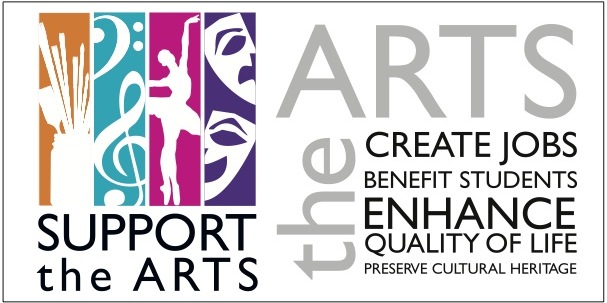An article in the Georgia Straight reported that the Vancouver city council passed a motion to include culture as a pillar of sustainability, alongside environment, economy, and society. Integrating arts and culture as a core pillar of a city, rather than a fringe culture, increase the economic success and social inclusion of its citizens.
Sustainability’s link to culture and art is further discussed in the 10-year-old report An Approach to Cultural Policy in Vancouver. My quick synopsis:
The Easterlin Curve shows that once a country’s income per capita surpasses $12,000, happiness no longer maintains a direct relationship to income. Countries below this threshold are considered “industrial” or “survival economies”. More income translates to more accessible goods and services. Once that $12,000 threshold is broken, a country turns into an identity economy.

Source: http://www.theholmteam.ca/votewendy/media/PowerOfTheArts.pdf
Identity is built through objects or experiences (though not mutually exclusive). Identity through Experience, such as attending a cultural event deemed relevant to one’s past experiences or desired identity, cultivates social collaboration. The following quote eloquently sums it up:
…it does not urge individuals to lock into self-defeating identity building strategies of the “arms race” type but may rather foster genuine interests for diversity and communication and, on the other side, does not require individuals to unconditionally increase their demand for exclusive, identitarian goods that makes politically unfeasible any attempt at a reasoned limitation of the ecological footprint of our social and economic systems.

Source: http://static1.1.sqspcdn.com/static/f/632493/19882780/1344980130697/Support+the+Arts+sticker.jpg?token=5au%2Bn07k7XsNTWAQ%2FepNJqiGQKM%3D
The arts have so many benefits beyond just individual creative expression. Art creates communities, economic opportunities, and identity: cornerstones of a sustainable city.
I love how culture is going to be added as a pillar! I feel like this not only supports “society” in truly capturing the “people” segment of sustainability, but it could also work on neutralizing the bias that people place on STEM over the arts/social sciences/humanities when it comes to valuing work and knowledge.